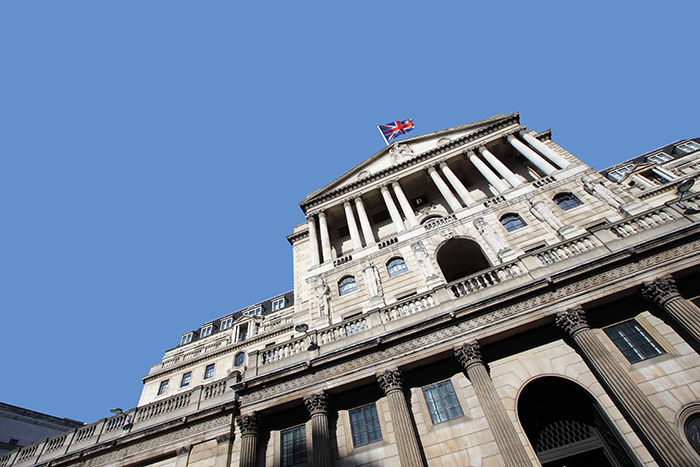
Sticky inflation has dealt a blow to the chances of the first Bank of England base rate cut in more than four years coming next month, say economists.
But services inflation was also unchanged at 5.7%, which the more hawkish policymakers on the BoE’s Monetary Policy Committee have said has been persistently high.
Rises in restaurant prices and hairdressers all contributed to services inflation holding its level.
Hotel prices were one of the biggest upward drivers of inflation in June, with a monthly rise of 8.8%, compared to 1.7% a year earlier, partly generated by demand for stays around the eight UK dates of Taylor Swift’s global Eras tour.
Rate setters have also pointed to high wage settlements as another measure they wish to see fall.
But regular earnings lifted to 6% in the three months to April, from 5.9% in the previous quarter, according to the latest official data released last month.
The BoE base rate has remained at a 16-year high of 5.25% since last August.
The last time the base rate was cut was in March 2020, with the MPC next due to meet on 1 August.
Money market betting suggests there is a less than 25% chance of the central bank cutting interest rates next month after this inflation reading.
Yesterday, the chances of a rate cut stood at about 49%, down from 51% at the end of last week.
Capital Economics chief UK economist Paul Dales says: “Even though consumer price inflation stayed exactly in line with the 2.0% target in June … it’s the stability of services inflation at 5.7% that’s the blow.
“And it looks as though only a small part of that may have been due to the temporary effects of Taylor Swift’s concerts. As a result, the chances of an interest rate cut in August have diminished a bit more.”
Abrdn deputy chief economist Luke Bartholomew adds: “Today’s inflation report will keep the Bank of England’s August rate decision on a knife-edge.
“The strength of hotel price growth is suggestive of a Taylor Swift effect on prices, but policymakers will almost certainly look through this kind of dynamic.”
EY UK chief economist Peter Arnold points out: “The fact that more dovish members of the MPC have been willing to overlook repeated overshoots for services inflation means that the implications for the August interest rate decision are unclear.”



